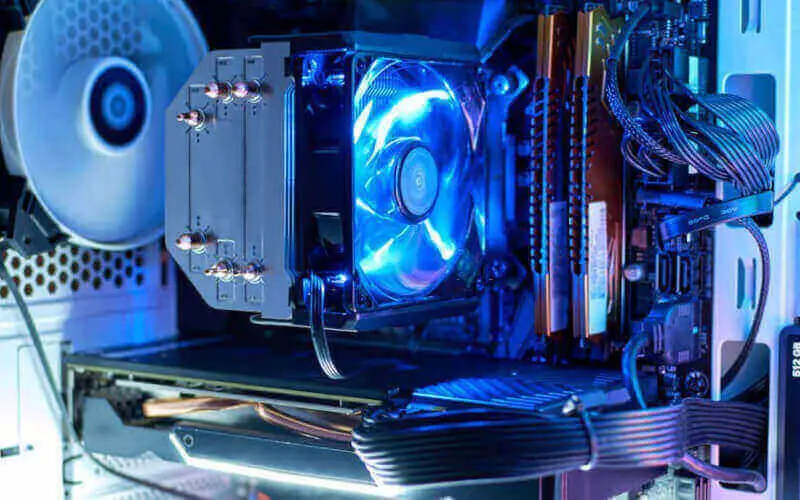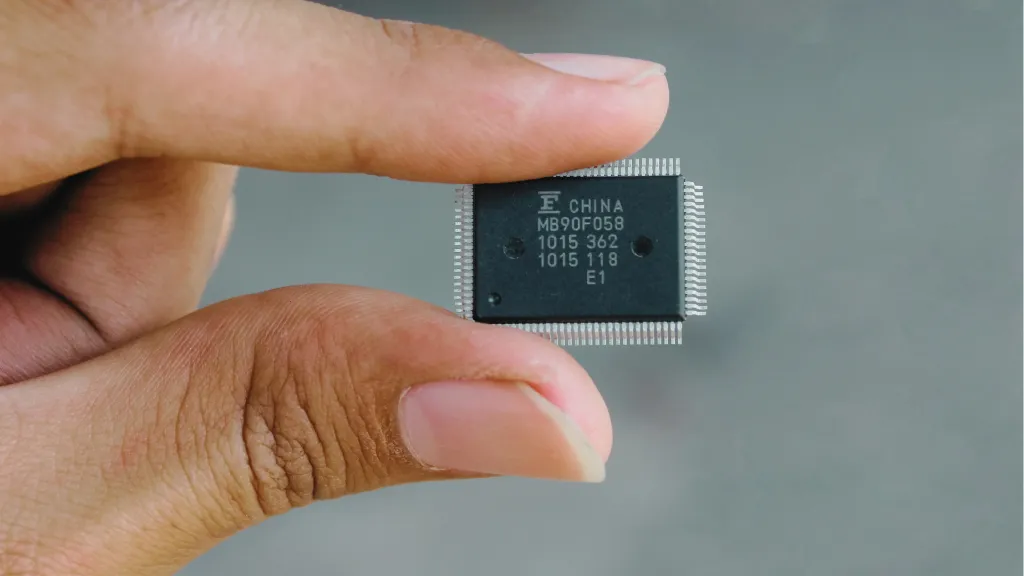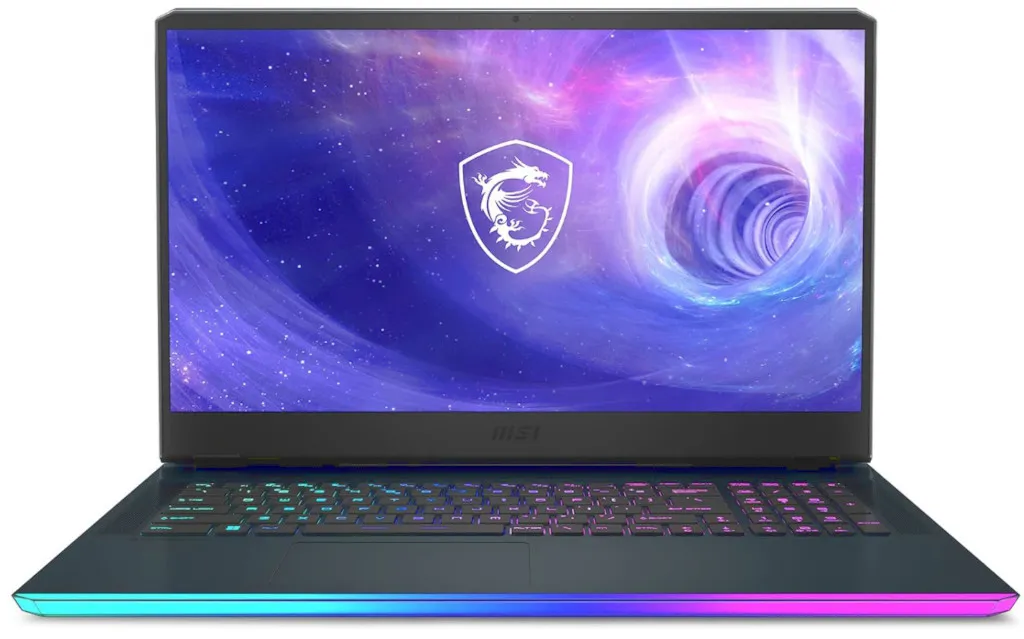As a gamer, I know how important it is to have a smooth and seamless gaming experience. One of the key factors determining this experience’s quality is the FPS, or frames per second.
FPS refers to the number of images, or frames, displayed in one second of video. The higher the FPS, the smoother and more responsive the game.
In this article, I want to explore the role that a motherboard plays in affecting FPS. For many gamers, the motherboard choice might not seem like a big deal, but it can significantly impact your gaming system’s performance.
By understanding the connection between motherboards and FPS, you’ll be better equipped to make informed decisions about your gaming setup.
How Does A Motherboard Affect FPS?
Okay, so let’s dive into how a motherboard can affect FPS. First, it’s important to understand that your gaming system’s components work together to create a seamless experience.
The motherboard acts as the backbone of your system, connecting all the different parts and facilitating communication between them.
So, if your motherboard is of lower quality or is not designed specifically for gaming, it can limit the performance of other components, such as your graphics card or processor.
This, in turn, can result in lower FPS and a less enjoyable gaming experience. On the other hand, a high-end gaming motherboard will have features and technology that enhance performance and allow you to tweak and optimize your system for maximum FPS.
One example of this is overclocking. Overclocking refers to running your components at higher speeds than their default settings and can lead to increased FPS.
However, not all motherboards are designed to handle overclocking, so if you want to take advantage of this performance boost, you’ll need to choose a motherboard that supports it.
Additionally, the quality of the components and technology used in a motherboard can greatly influence FPS. For example, a high-end motherboard might use more advanced power delivery systems, faster memory support, and better networking capabilities, which can contribute to improved FPS.
The motherboard you choose is a critical factor in achieving peak FPS. If you aim to maximize gaming results, an advanced-level motherboard designed for contemporary games should be on your list.
Factors that Influence FPS
As I mentioned earlier, some factors come into play when determining FPS. And while the motherboard is one piece of the puzzle, it’s certainly not the only one. In this section, let’s look at some other components that can influence FPS.
First up is the graphics card. This is probably the most obvious, as the graphics card is responsible for rendering images and displaying them on your screen. A powerful graphics card can easily handle demanding games, resulting in higher FPS.
Next, the CPU. This is another key component that can greatly impact FPS. The processor is responsible for executing the commands that make up the game, so having a fast and efficient processor can help ensure smooth and responsive gameplay.
RAM, or random access memory, is also a crucial factor. RAM is used to store data and information while the game is running, so having enough of it and running at fast speeds can help ensure the game can run smoothly.
Storage is another important consideration. Games can be quite large, and having a fast and spacious hard drive or SSD can help ensure that the game loads quickly and that you’re not bogged down by long load times.
Finally, the power supply unit (PSU) is also a key factor. The PSU provides power to all the components of your gaming system, so having a high-quality, reliable PSU is essential for stable performance.
So, as you can see, several different components can influence FPS. While the motherboard is certainly important, it’s just one piece of the puzzle.
To ensure the best gaming experience, pay attention to all the components of your system and choose high-quality parts designed to work well together.
Examples Of High-Performance Motherboards For Gaming
Now that we’ve covered some of the ways motherboards can affect FPS, let’s look at some examples of high-performance motherboards that are great for gaming.
First up, we have the ASUS ROG Maximus XIII Extreme. This is a top-of-the-line motherboard packed with features designed specifically for gamers. It has advanced overclocking capabilities, fast memory support, and cutting-edge networking technology, making it a great choice for those who want the best gaming performance possible.
Another excellent option is the MSI MPG Z590 Gaming Edge WiFi 6E. This motherboard offers a great balance of performance and value and is equipped with fast WiFi 6 technology, advanced power delivery systems, and support for high-speed memory.
Finally, we have the Gigabyte AORUS Master Z590. This is another high-end motherboard that’s designed specifically for gamers. It offers advanced overclocking capabilities, fast memory support, and a robust power delivery system, making it a great choice for maximum gaming performance.
So, these are just a few examples of high-performance motherboards that are great for gaming. When choosing a motherboard, consider your specific needs and choose one that offers the features and performance you’re looking for.
You’ll enjoy a smooth and seamless gaming experience with the right motherboard.
Conclusion
We’ve covered a lot of ground in this article, and I hope you now better understand how a motherboard can affect FPS.
While the motherboard is just one factor influencing FPS, it’s still an essential piece of the puzzle. Choosing a high-end gaming motherboard designed to handle the demands of modern games can help ensure you get the best possible performance.
Remember, when building or upgrading your gaming system, it’s important to consider all the different components and choose high-quality parts designed to work well together. You’ll enjoy a seamless and immersive gaming experience with the right components.
So, I hope this article has been helpful in your quest for maximum FPS. Good luck, and happy gaming!







